48 years after the first historic official international football game between Australia and New Zealand, Puma turned the clock back to celebrate and honour those ground-breaking players by staging a historic ‘ReMatch’.
Part of PUMA’s leverage programme around the 2023 FIFA Women’s World Cup, ‘ReMatch’ built on the June ‘1975 The OGs’ launch phase through a physical game that continued the brand’s aim of recognising these pioneers of women’s football from the co-hosts of the current tournament by sharing their stories via videos, billboards, streets posters and virals which acknowledge their trailblazing efforts and celebrate their achievements.
The sportswear brand worked with agency Bursty and indigenous artist Brittany Paulson to build a bespoke pitch on Cockatoo Island to host the ‘ReMatch’ between the players who faced off against one another during the 1975 Asian Cup in a game filled with action, emotion, energy and passion.
The players from both historic squads were flown in to Sydney for four days: reuniting for the first time in more than 40 years. They arrived at the bespoke, waterside pitch via a ‘Legacy Tunnel’ which featured posters of each of the players recognising their place in history’ before playing a game of walking football.
On the field, they were joined by 23 young women from Australia and New Zealand – the next generation of athletes – who were all part of Puma’s Accelerator Program and were themselves participating in an immersive three-day event aimed at helping them both on and off the pitch. These sessions included talks from current ‘Australian of the Year’ Taryn Brumfitt, comedian and actor Celeste Barber, the inspiring Jazz Thornton, running with Gen Gregson and Nedd Brockmann and sailing with Jessica Watson, as well as spending time with the OG’s to learn more about their stories.
The pitch also hosted a global Puma panel event which discussed the future of Women’s sport, and grassroots clinics for young kids through the ‘Rebel Rookies’ program.
‘ReMatch’ was then amplified through video content across Puma’s social platforms and via a PR push.
Supporting social amplification content included drone shots of the pitch.
“We said that these trailblazing women deserved recognition, and it has been great to see such an incredible reaction to their story from the public, across social media and making headlines in both countries,” said PUMA Oceania General Manager Pancho Gutstein. “Their determination laid the foundation for the sport’s growth, and even now they continue to inspire us to push boundaries and redefine the limits of what is possible. Our campaign stands as a tribute to their legacy, and we are honoured to carry the torch they ignited.”
“I nearly got sent off for running, and for me at my age that’s a miracle,” commented 82-year-old Australian captain Pat O’Connor. “Our team has waited 48 years for the recognition and support that the PUMA team has given us. And to be able to take to the field once again after all this time was such a special moment for us.”
New Zealand captain Barbara Cox added: “We owe so much to PUMA and are incredibly grateful that they have taken the time to organise such an incredible experience – it is something that our players will remember for all of our lives.”
Comment
Sportswear company marketing around the 2023 Women’s World Cup has largely moved on from work activating the tournament back in 2019 when the advertising was dominated by serious gender empowerment narratives and/or epic corporate social responsibility (CSR) initiatives with a feeling of ‘doing good’.
Work in 2023 is generally more about super star player led fun – led by upbeat, festive personal stories.
But the major sports apparel brands have taken fairly different tactical approaches to this revised strategy.
While Puma (perhaps influenced by having fewer major nation national team supplier partnerships) is focusing on linking players from the past to the current tournament, global FIFA partner Adidas’ ‘Play Until They Can’t Look Away’ celebrate the power and prowess of its leading female athletes giving the woman centre stage (even outshining long-standing male footballer ambassadors like David Beckham and Lionel Messi who are relegated to the role of supporters).
While Nike’s entertaining ‘What The Football’ campaign is anchored around a central rip-roaring brand ad supported by a series of playful, country-specific spin-offs with that put their superstar players front and centre. Under Armour’s ‘Armour Up’ links the modern women’s game to other contemporary entertainment spaces such as music.
























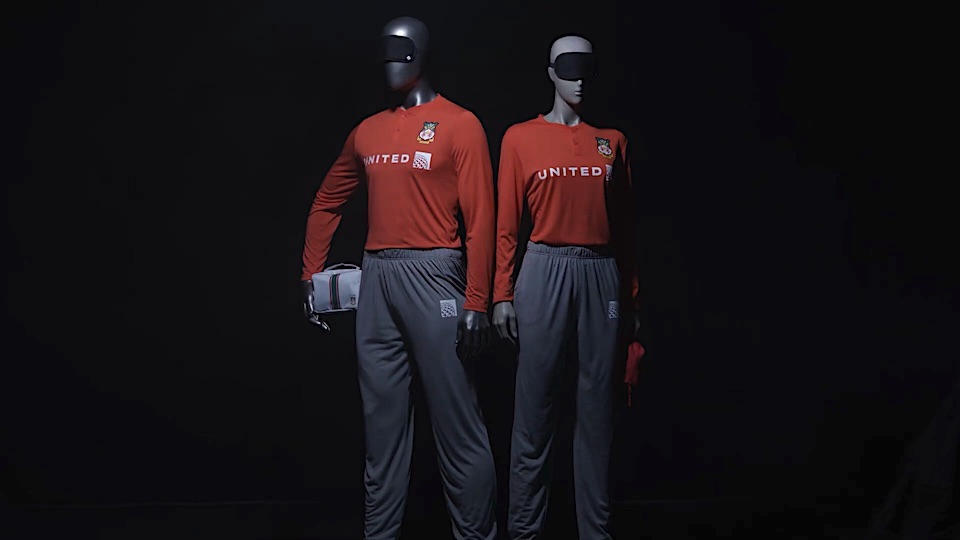

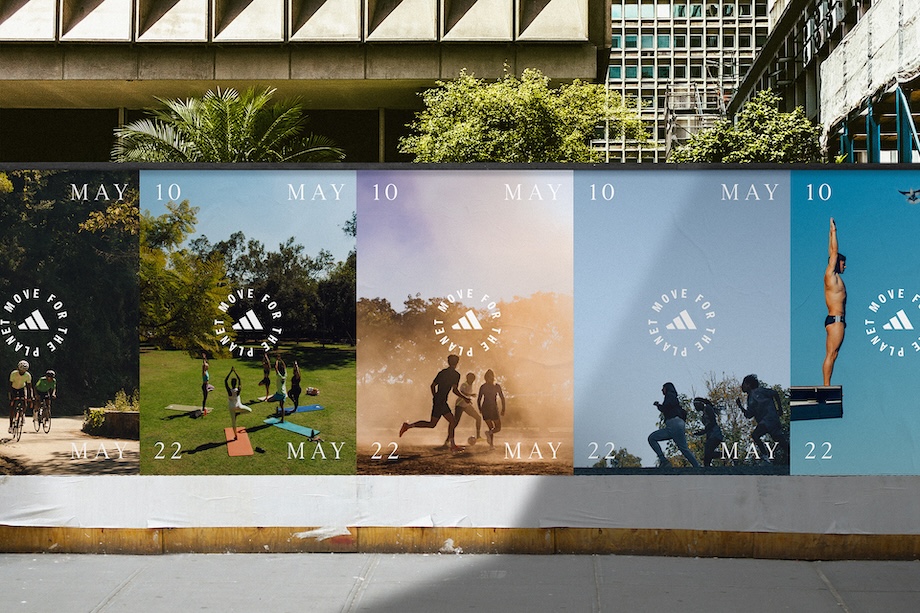
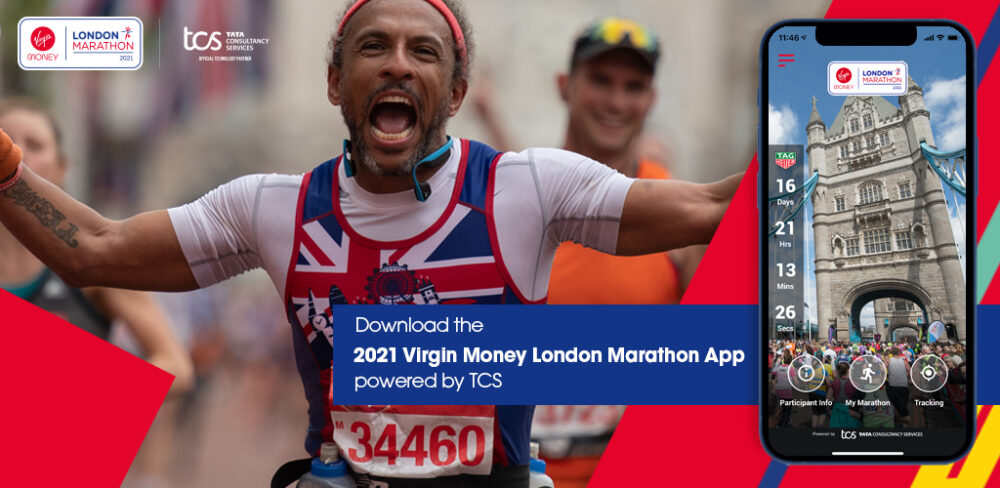
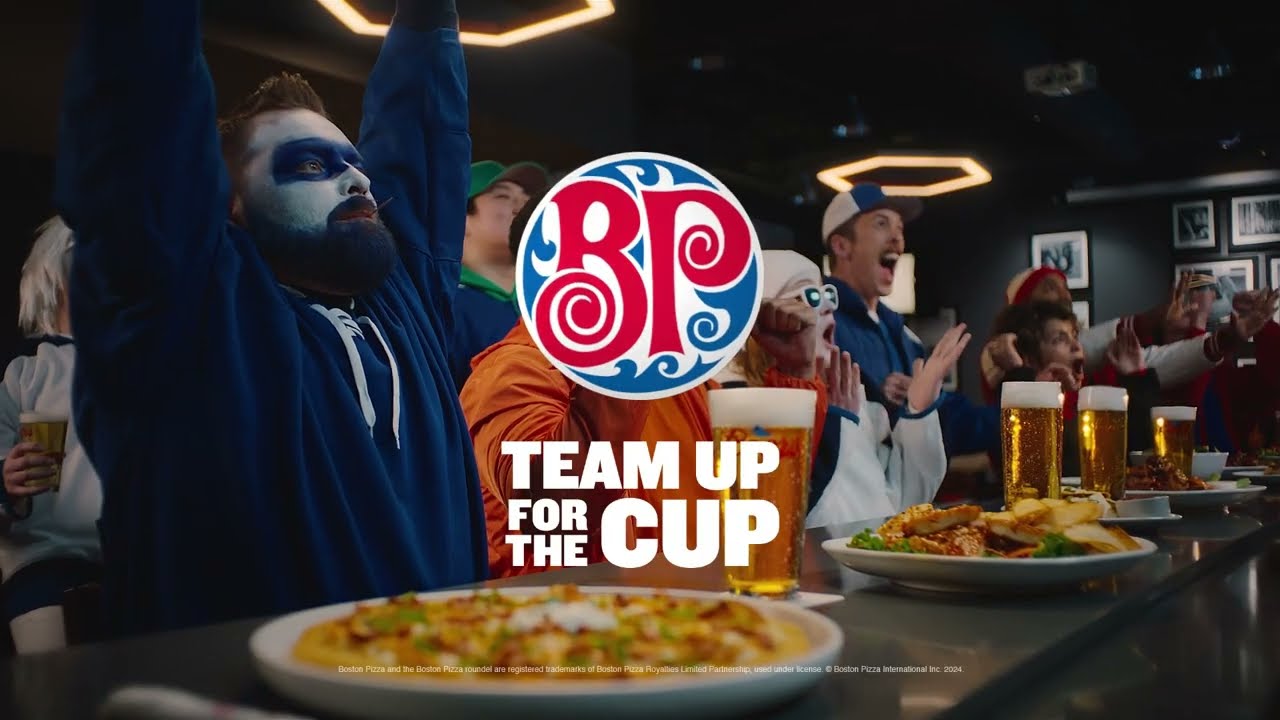
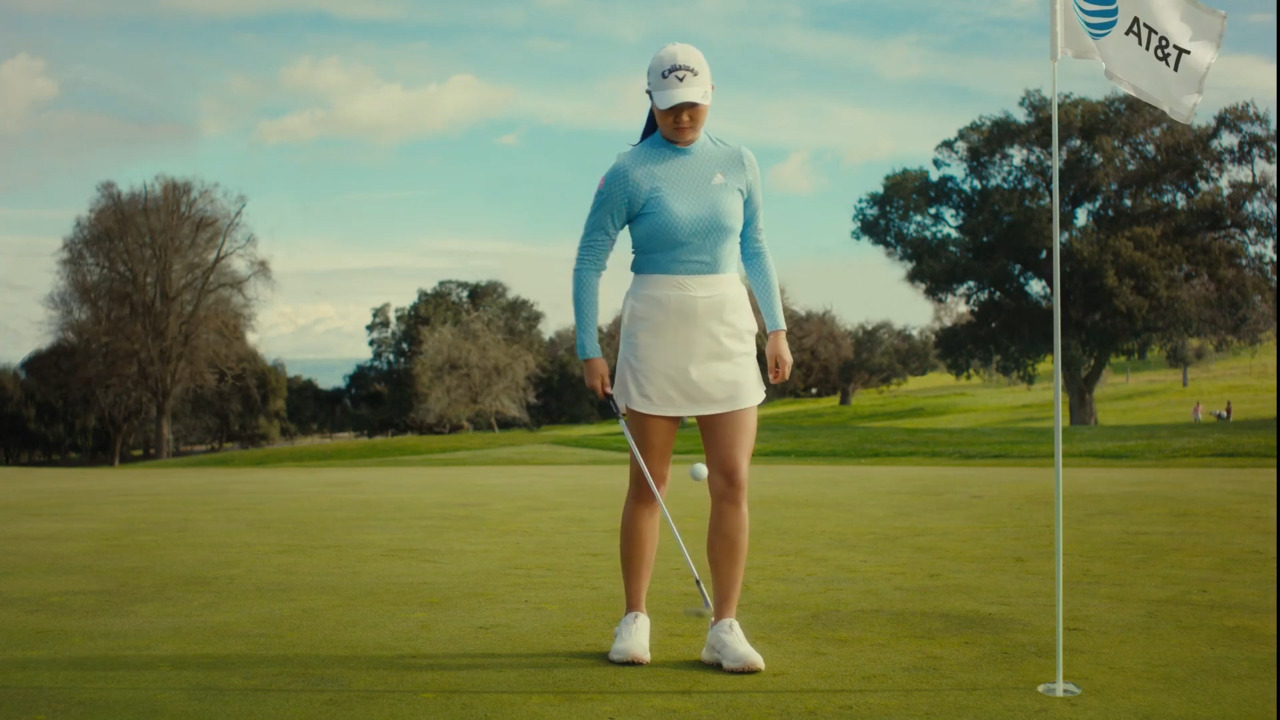
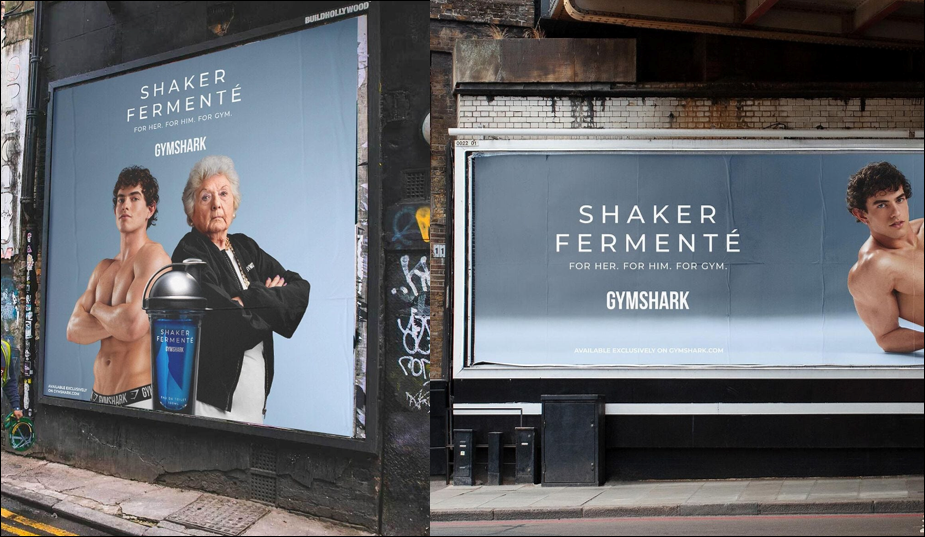
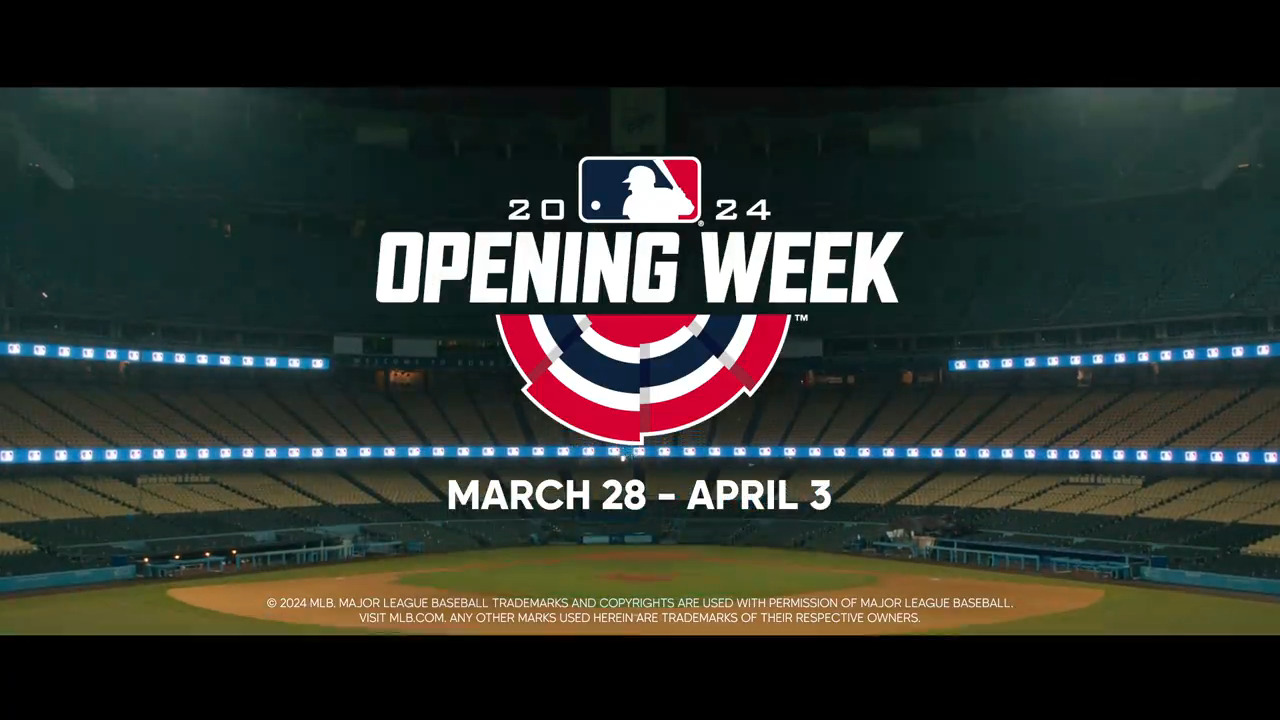
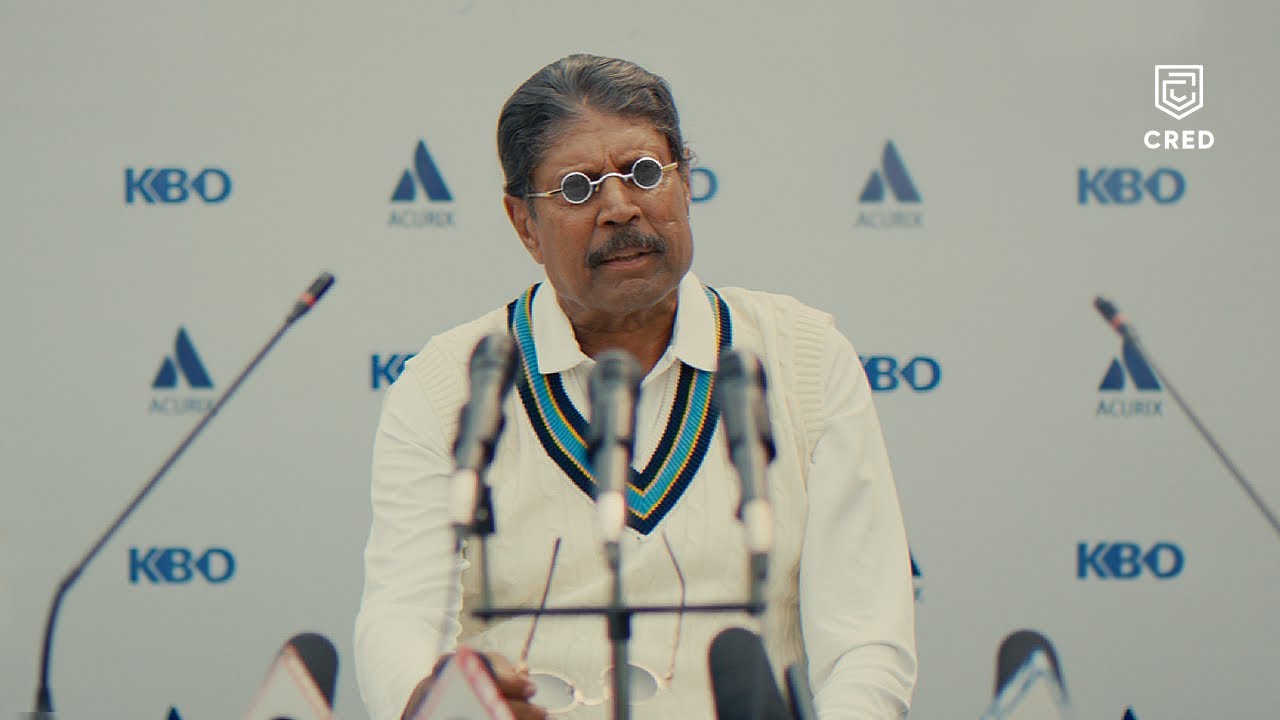
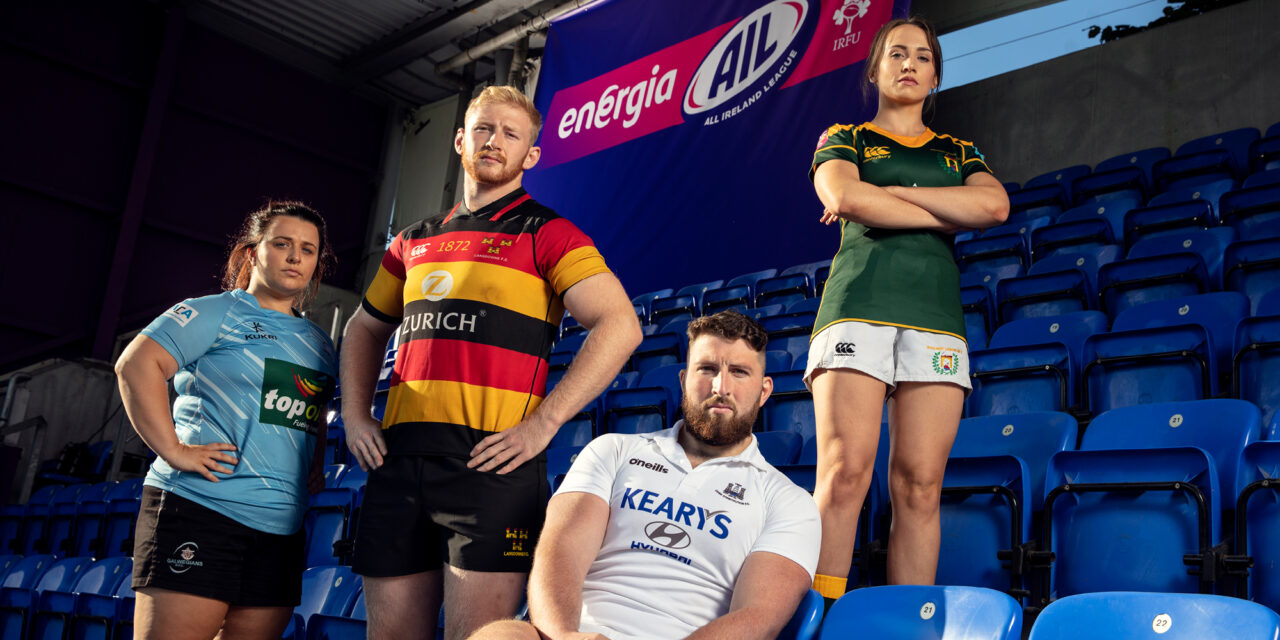
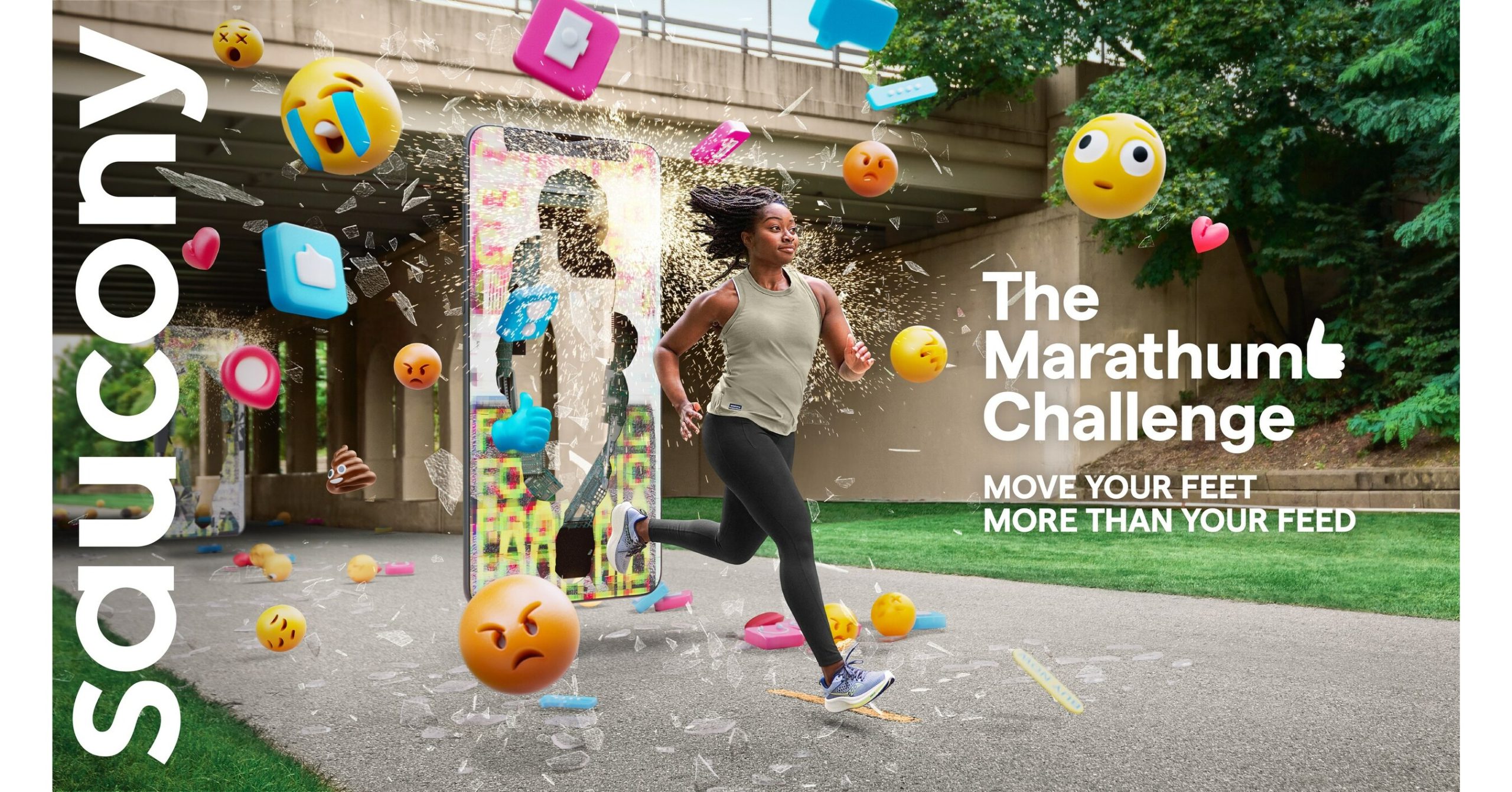

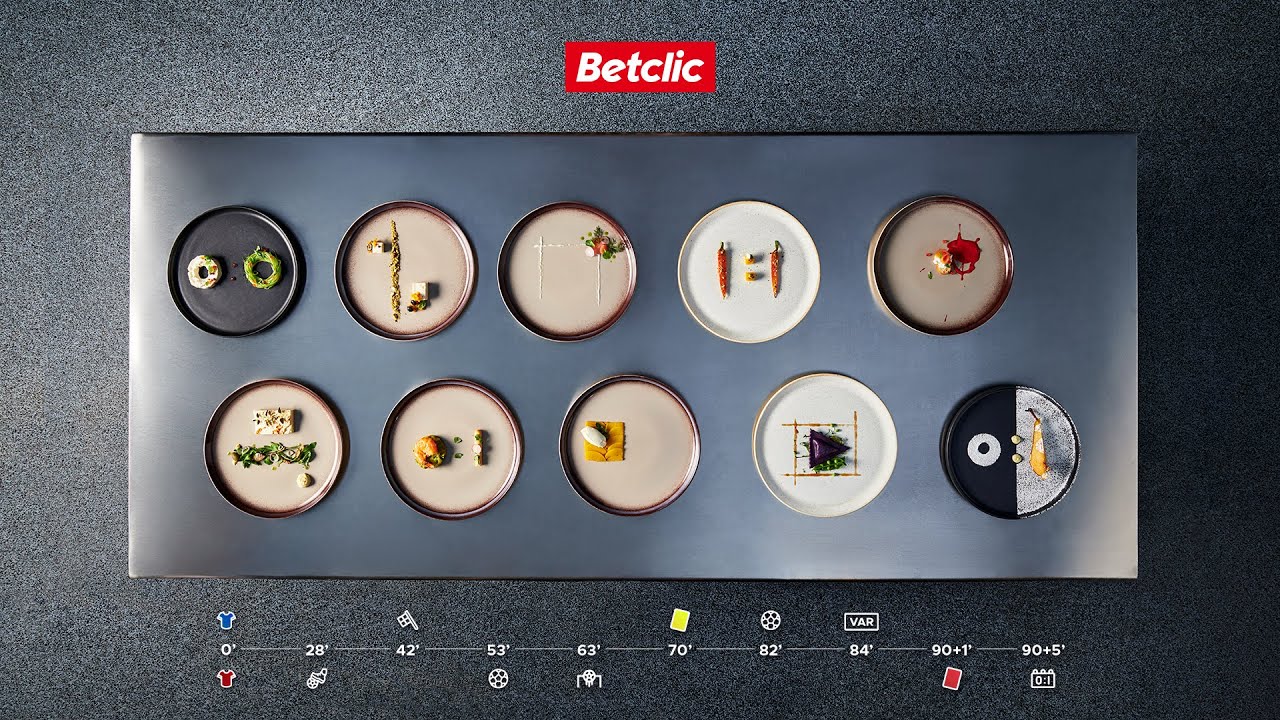

Leave a comment
You must be logged in to post a comment.